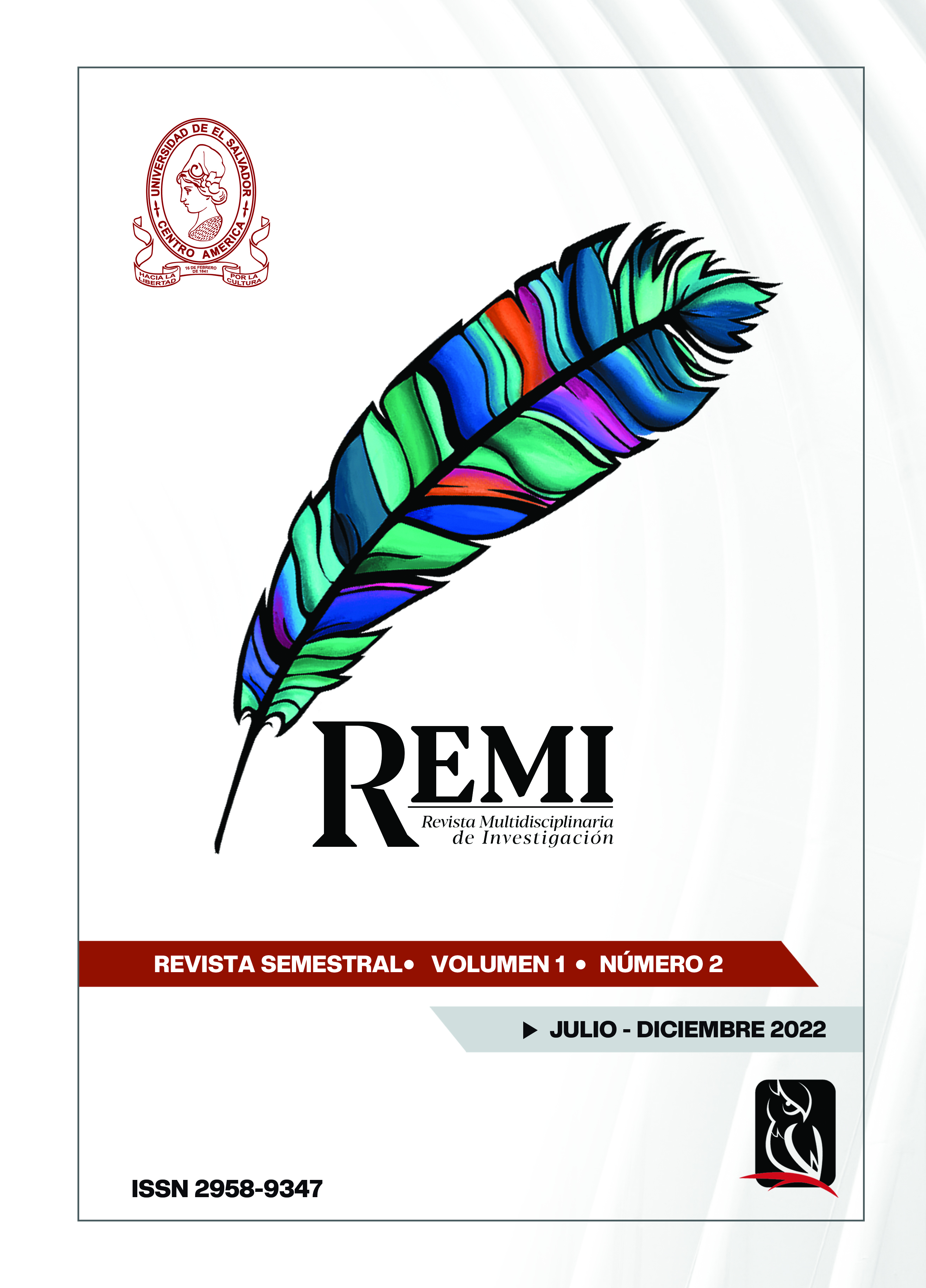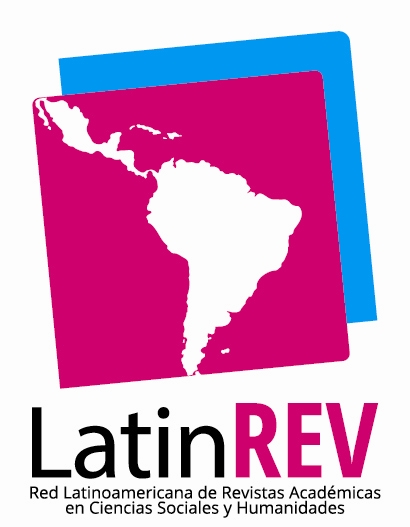Desarrollo de habilidades socio-afectivas desde la neurociencia
Keywords:
Personality, Learning, Socio-affective skills, NeuroscienceAbstract
Objective: to highlight the contribution of the neuropsychological structure of the university student in the development of the socio-affective skills that are generated in the personality of the student during the university teaching-learning process. Method: through an analytical, synthetic process and diagnostic experience of the intentional systematic individual and group educational process, ranging from the intersubjective to the intrasubjective. Result: the description of the experiences, reflected in pleasant or unpleasant affects produced in the interactions with the co-learners and the teacher, called learning of socio-affective skills that is reflected in the unity between the cognitive and affective world of the university student’s personality. . This indissoluble unity cannot be explained apart from complex neural links, which govern the learner’s behaviors, until they become socio-affective skills, since they allow him to operate within the framework of the interpersonal relationships typical of the teaching-learning process. Conclusion: socio-affective learning is the basis for potential learning, which will favor the management of pleasant affective states and the management of unpleasant ones; it is not only an individual phenomenon of neuropsychic processes but they are also of a socio-historical and cultural nature.
Downloads
References
Álvarez González M, Trápaga Ortega M, Morales Valiente C. (2014). Principios de neurociencias para psicólogos. Editorial Paidós
Martin-Baró I. (1989). Sistema Grupo y Poder. UCA Editores
Bermúdez, R y Lorenzo, P. (2004). La teoría histórico- cultural. En: Aprendizaje formativo y crecimiento personal. Editorial Pueblo y Educación
Cairo Valcárcel. E. (1989). Neuropsicología. Universidad de la Habana
Casafont, R. (2015). Viaje a tu cerebro. Nono impresores.
Castellanos Simons, D; Castellanos Simons, B; Llivina Lavigne, M. J; Silverio Gómez, M; Reinoso Cápiro, C y García Sánchez, C. (2002). Escuela: Una Concepción Desarrolladora. https://profesorailianartiles. files.wordpress.com/2013/04/aprender-y-ensec3b1ar-en-la-escuela-una-concepcic3b3ndesarrolladora. pdf
De la Caba, M. (2001) Educación afectiva. Universidad País Vasco
Diliguenski, G, G. (1984). Psicología social. Editorial Cartago
Galimberti, Umberto. (2002). Diccionario de psicología. Siglo veintiuno editores.
Leontiev. A. N. (1984). Actividad Conciencia y Personalidad. Editorial Cartago
Luria, A, R. (1974). El Cerebro en Acción. Editorial Fontanela
Mora Teruel, F. (2013). Neuroeducación. Alianza Editorial
Pavlov. I. (1982). Actividad nerviosa superior. Editorial Fontanela
Vygotski. L. S. (1978). El desarrollo de los procesos psicológicos superiores. Editorial crítica
Downloads
Published
Issue
Section
License

This work is licensed under a Creative Commons Attribution-NonCommercial 4.0 International License.








